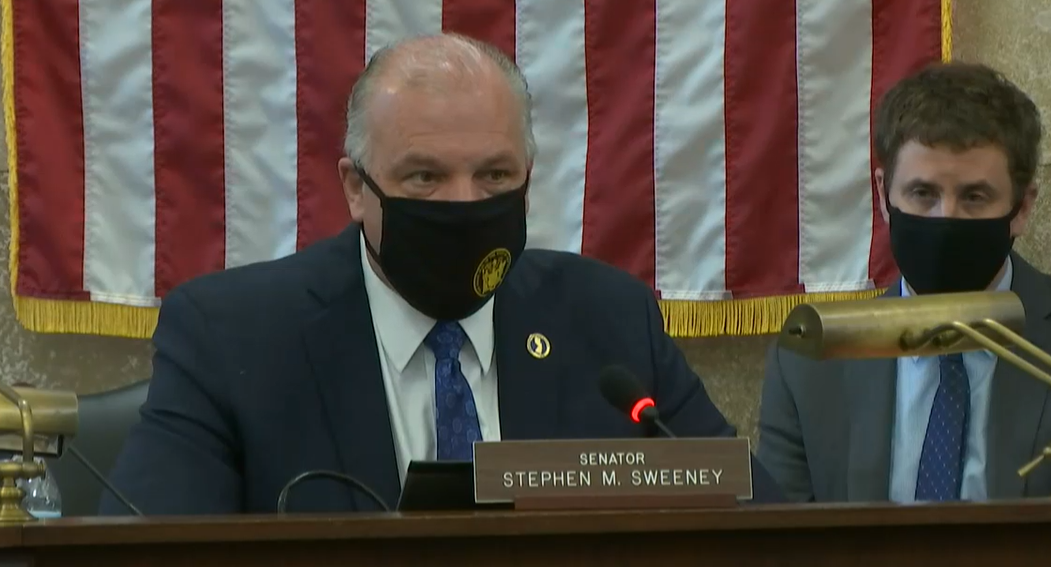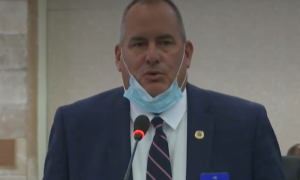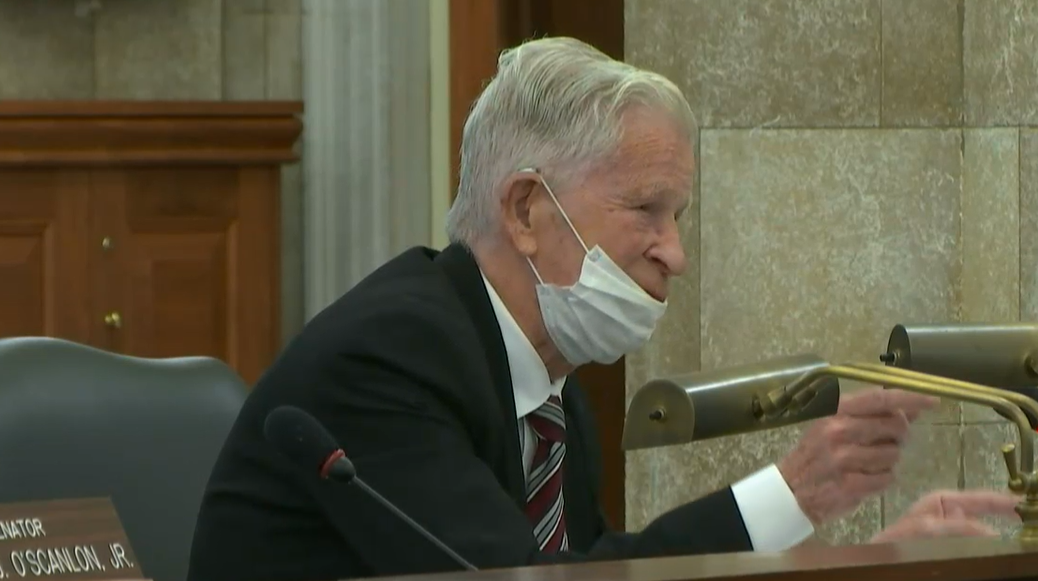Senate Budget Committee Releases Police and Fire Residency Bill

Opposed by labor leaders but backed by elected officials in urban areas amid national-sized tugs of war

between communities and cops, the Senate Budget Committee this afternoon passed S-685, which would permit a municipality to adopt an ordinance prohibiting an applicant from obtaining employment with the municipal police department, paid fire department, or part-paid fire department unless the applicant agrees to residency within the municipality for the first five years of his or her employment.
It was a thorny bill, aided by Chairman Paul Sarlo (D-36) decision to offer an "aye" vote to nudge it out of committee as a favor to legislative leadership, even as he noted that he would oppose on the floor of the senate.
During a period of debate between Democratic lawmakers and labor brass, S-685 received a significant boost from Senate President Steve Sweeney (D-3). "The communities that need the most protection - police don't live there," said Sweeney, noting that Senator Brian P. Stack (D-33) mentioned to him that many of his police officers live in Monmouth and Union.
"We need them in our urban communities," the senate president added. "Civil service is what hurt Camden, which is why they agreed with testing. We're going to work on that. We need our public safety people to live in the communities."

Under this bill, county and regional police and fire forces would also have the power to institute a residency requirement. In any municipality with such an ordinance, the applicant would have six months from the date the applicant begins his or her official duties, following all requisite training, to relocate to the municipality, county, or region served by the force.
New Jersey Police Benevolent Association President Pat Colligan spoke in opposition.
"Here we go again," said Colligan. "Why not state employees, why not the rest of town employees?"

The union leader reminded lawmakers that he didn't agree with former Governor Chris Christie on much but he agreed with him when he vetoed a version of this law enforcement residency bill.
This "bad bill" will hamper recruitment and minority recruitment, Colligan said.
Sean Lavin of the Fraternal Order of Police likewise spoke out in opposition to the bill. "This bill will not solve the problem," he said. "The cities, the towns, are unable to fulfill their demands and get diversity into the requirements. [This bill] further hampers police departments like Camden. This bill will force people to live there and on the fifth year they will leave. It would be better to incentivize people to live there. Incentivizing works, forcing does not."

Police recruitment is down 27% to 36%, he noted.
"We're dealing with a restricted pool and now we're putting more restrictions,"Lavin said.
A prime sponsor of the bill, state Senator M. Teresa Ruiz (D-29) pushed back strenuously, arguing in favor of the legislation as a way of citing first responders in communities of need.
State Senator Sandra Cunningham (D-31), wife of the late Jersey City Mayor Glenn Cunningham, who

was a beat cop, backed up Ruiz on the bill. "We need you to live with us," she told Colligan and Lavin. "Show us the respect the dignity we know you have. Live in our cities, because you can only make it a better place."
Police countered, noting law enforcement officers' need to protect their families from close proximity
collisions in their communities and Ruiz noted that the legislation contains exemptions. The senator kept pressing for the bill's passage, noting the need for cities and towns to rebuild their communities with

first repsonders present in their midst. "Why did everyone move out? Why did that dynamic all of a sudden change?" she said.
The Republicans voted no on the bill, the Democrats yes, with the exception of Senator Joe Cryan (D-20), who abstained. As noted, Senator Paul Sarlo (D-36) voted yes today for procedural purposes, but doesn't like the bill and committed to opposing it on the floor.
Another Democratic senator acknowleded her own misivings about S-685.
"I consider myself very ambivalent on this bill," said Senator Linda Greenstein (D-14) of Middlesex County, who voted yes today but reserved the right to vote no on the floor. "I do hope other changes can be made."






